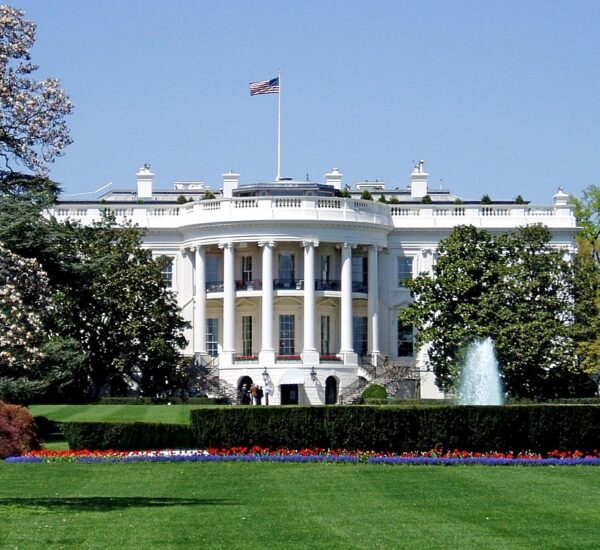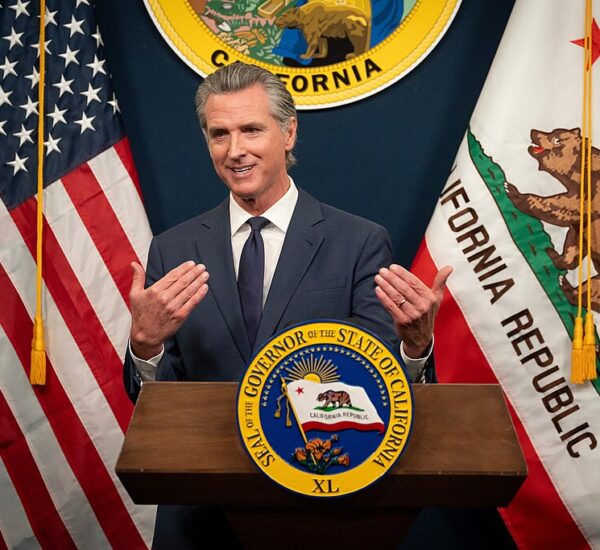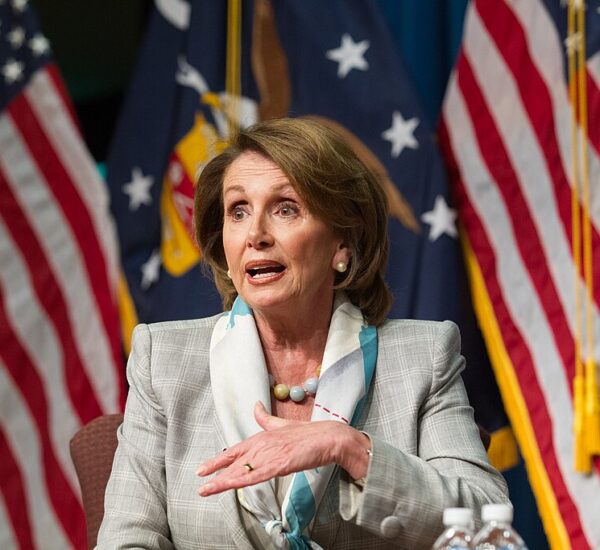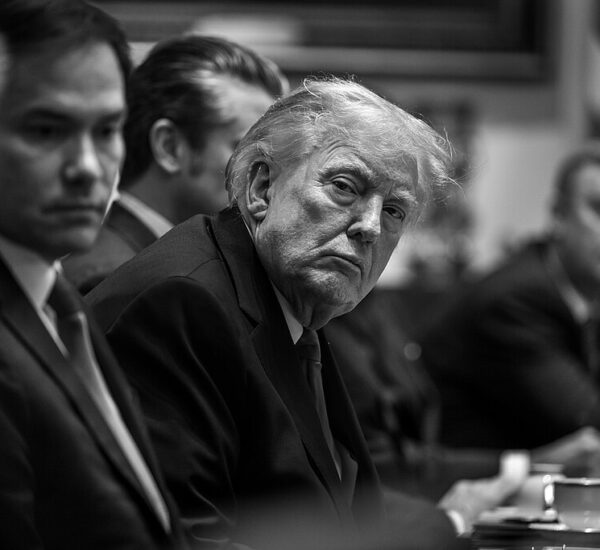GOP Wins Back Senate Control?
As the 2024 elections approach, the political landscape is poised for significant shifts, with 34 Senate seats up for contention, 23 of which are currently held by Democrats or independents aligned with them. This presents Republicans with a notable opportunity to reclaim the Senate majority, a sentiment echoed by Inside Elections’ Nathan Gonzales. However, historical cautionary tales remind observers that Republicans have squandered such opportunities in the past.
Inside Elections identifies eight of the 23 Democrat/independent seats as competitive, while all 11 Republican seats to be defended are situated in states won by Donald Trump in 2020. Democrats currently hold a slim majority in the Senate, with 48 seats and support from three independents, making it a 51-49 ratio over Republicans.
Analyzing projections for 2024, The Wall Street Journal suggests that 50 GOP seats are deemed “safe or likely,” compared to 43 Democrat seats, leaving nine seats in the “competitive” category. The battleground states include Arizona (Krysten Sinema), Montana (Jon Tester), and Ohio (Sherrod Brown), marked as toss-ups.
Democrats face challenges in lean Democrat seats such as Michigan (Debbie Stabenow), Nevada (Jacky Rosen), Pennsylvania (Bob Casey), and Wisconsin (Tammy Baldwin). Meanwhile, Republicans are defending seats in Florida (Rick Scott) and Texas (Ted Cruz).
The ultimate outcome hinges on Republicans securing all their seats, overcoming the departure of Sen. Joe Manchin (D-W.Va.), and winning the presidency for a 50-50 tiebreaker. Analysts emphasize the significance of Ohio and Montana as potential Republican gains.
Democrats plan to center their campaigns on key issues, notably abortion and the legacy of Donald Trump. Abortion, in particular, is expected to mobilize younger voters, according to Sen. Gary Peters, chair of the Democratic Senatorial Campaign Committee. While Republicans like Sen. Steve Daines express nuanced positions on abortion, internal party dynamics, as highlighted by Trump’s criticism of Senate Minority Leader Mitch McConnell, could influence the electoral landscape.






